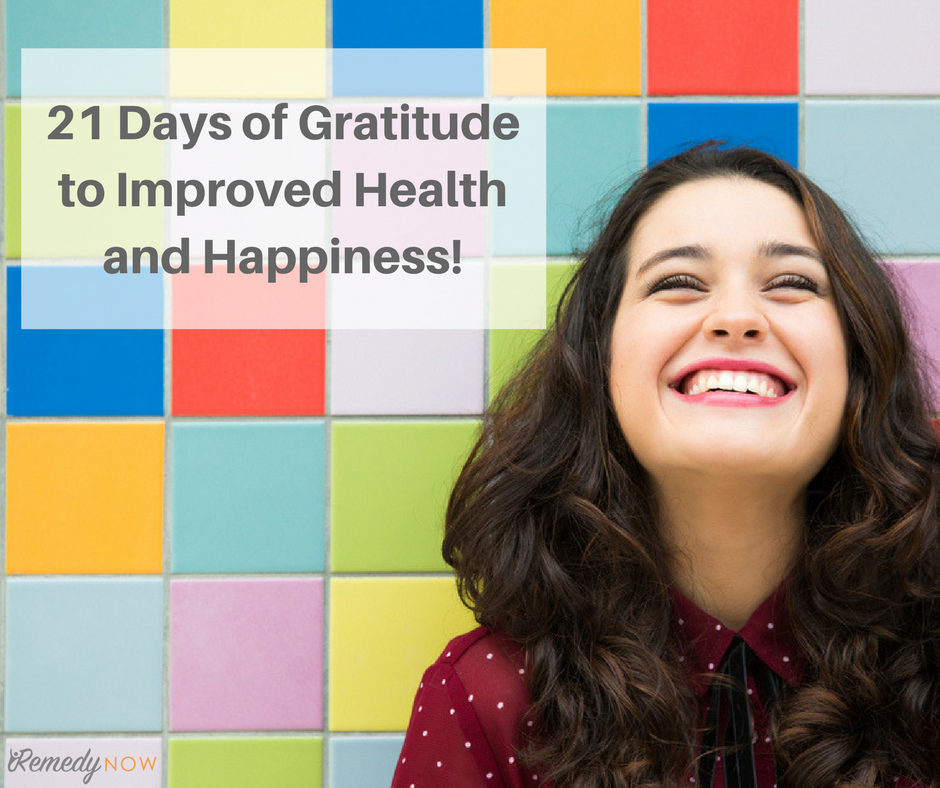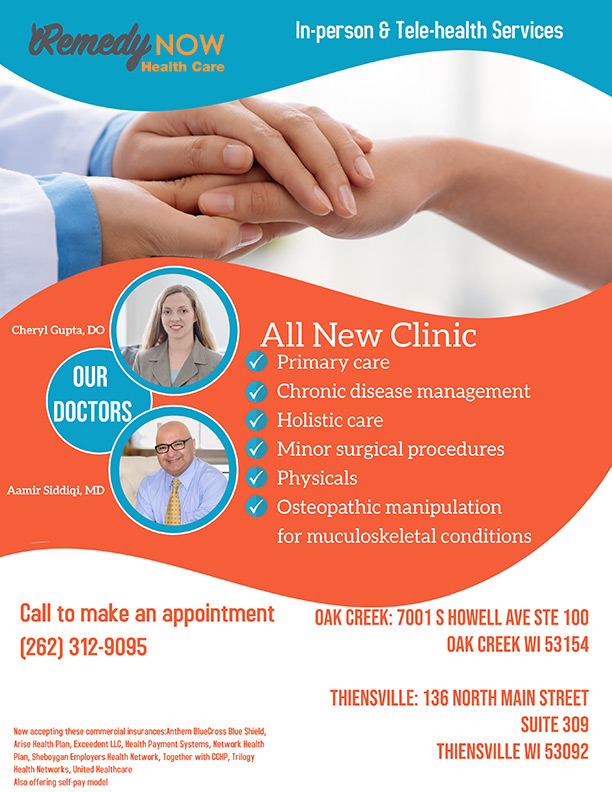21 Days of Gratitude to Improved Health and Happiness!

The Challenges of Modern Life
The stresses of modern living and negative lifestyle habits often create obstacles to our happiness. But science reminds us that happiness is a choice. We can change the way we interpret life experiences by shifting our mindset. Just as preventive healthcare like Women’s Health & Wellness help ensure long-term well-being, a daily gratitude practice supports emotional and mental health.
I first learned this lesson in an unexpected way while watching my son’s Karate class. The instructor asked the children to spot colors in the room, teaching them that “we are all good finders.” What we choose to look for—kindness or anger, the best or worst in people—shapes our perspective.
Are You Looking for the Best in Life?
Do you focus on the good in people and situations, or lean toward judgment and criticism? Science now shows that we can intentionally rewire our brains to become more optimistic, happier, and appreciative. Similarly, choosing the right health support, whether through Urgent Care Membership for convenience or Homebound Care for comfort, can shape your quality of life.The 21-Day Happiness Advantage
In his book The Happiness Advantage, positive psychology researcher Shawn Achor shares five daily strategies that can rewire our brains for optimism and happiness. He notes that it takes just 21 days to create a lasting habit.5 Daily Gratitude and Happiness Strategies
- Practice Daily Gratitude Write down or say aloud three things you are grateful for in the last 24 hours.
- Reflect on Meaningful Experiences Write in a journal for 2 minutes about the most positive experience in the past 24 hours.
- Add 15 Minutes of Fun Activity Include activities like walking, dancing, or gardening to lift your mood daily.
- Smile Intentionally Smile three more times each day. Smiling boosts dopamine and positively impacts others around you.
- Express Appreciation to Others Write a note, send an email, or verbally thank someone. Strengthening social connections is one of the strongest predictors of happiness and longevity.
